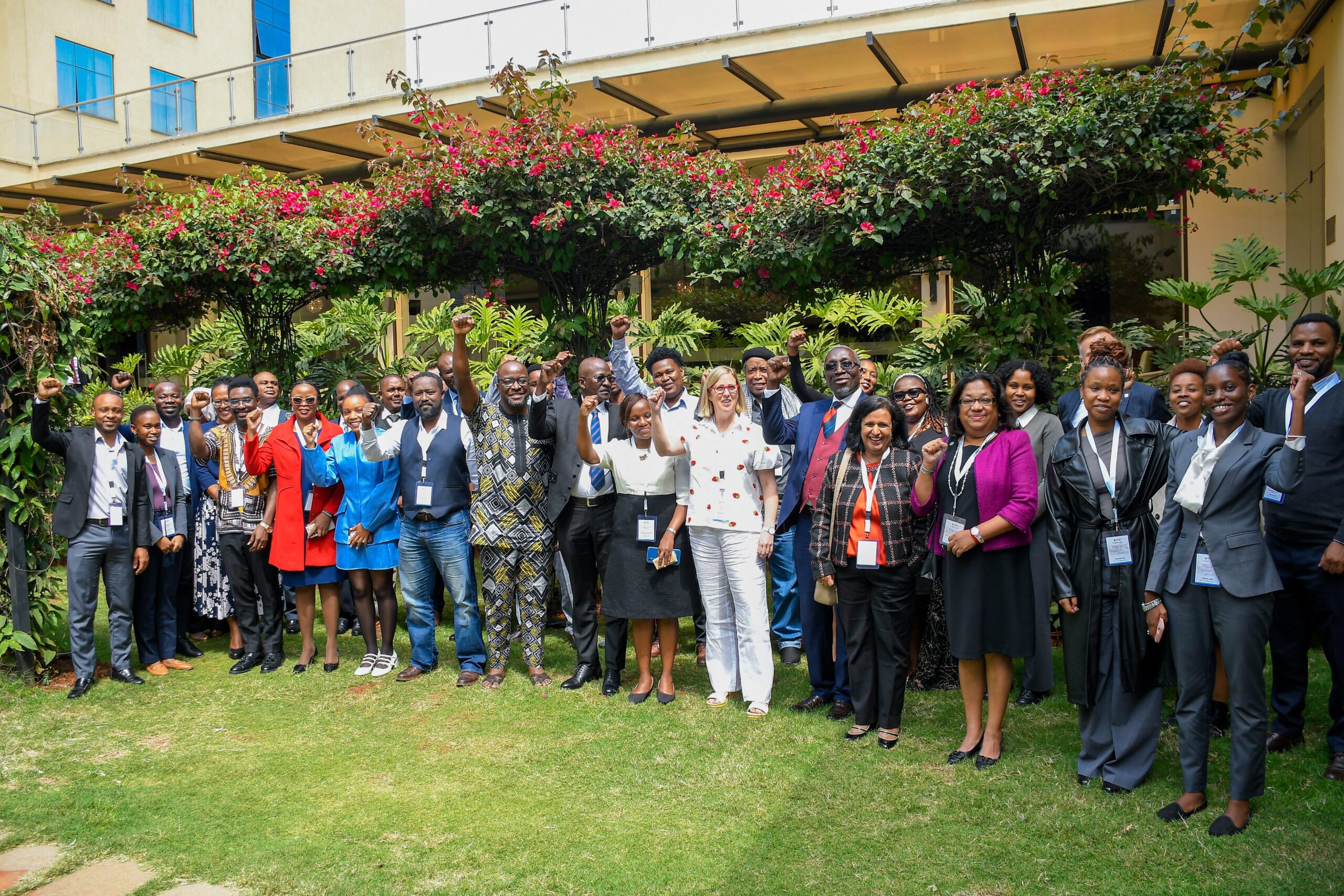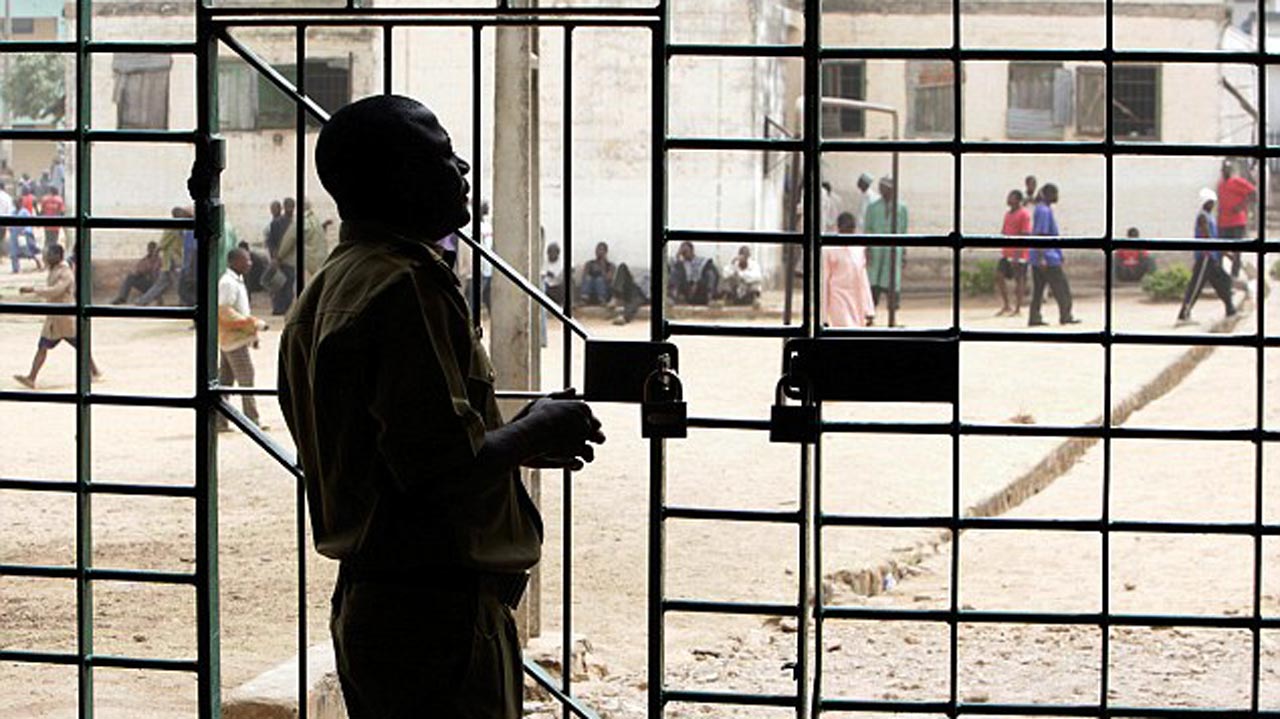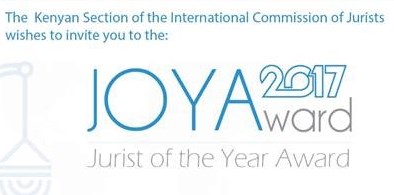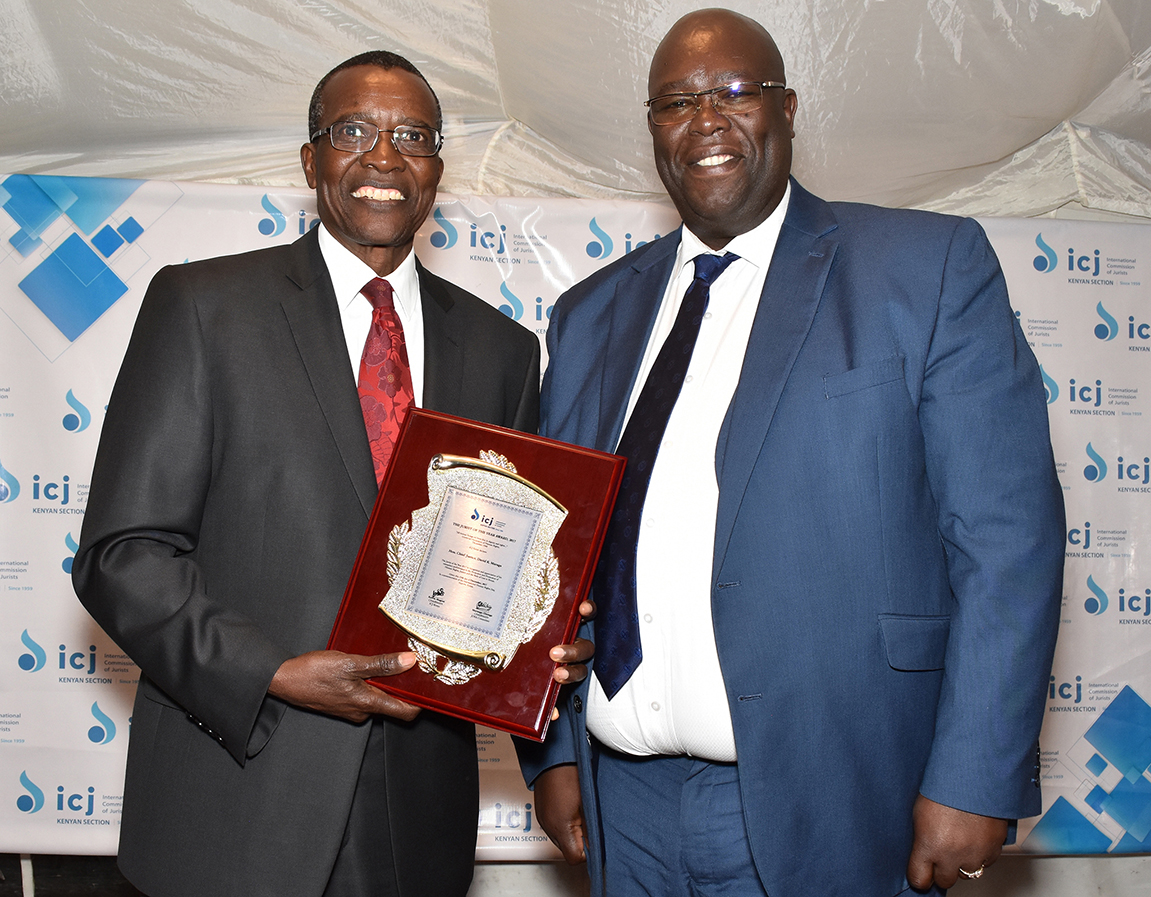LAGOS, NIGERIA: ECOWAS SUMMIT: Lawyer Asks Buhari to lead fight against petty offences
Lagos lawyer and civil rights advocate, Mr. Emeka Nwadioke has urged President Muhammadu Buhari to lead the campaign to decriminalize and declassify petty offences at the forthcoming Economic Community of West African States (ECOWAS) Summit in Abuja.
Petty offences are offences other than felonies and misdemeanours, otherwise called simple or minor offences, for which the punishment is a warning, community service, a low-value fine or term of imprisonment not exceeding six months.
Nwadioke recalled that the African Commission on Human and Peoples’ Rights at its ordinary session on November 11 adopted the “Draft Principles on the Declassification and Decriminalisation of Petty Offences in Africa” which mandates State Parties to the African Charter to “declassify and decriminalise petty offences in accordance with these Principles and other regional and international human rights.” Also, Article 11 of the Principles mandates State Parties “to take legislative, administrative and policy measures to ensure that laws and their enforcement comply with these Principles and other regional and international human rights standards.”
Photo: Nigeria Prison
According to Nwadioke, the “Ouagadougou Declaration and Plan of Action on Accelerating Prisons and Penal Reforms in Africa” also directs State Parties to declassify and decriminalise petty offences, while Goal 16 of the Sustainable Development Goals calls on States to “promote peaceful and inclusive societies for sustainable development, provide access to justice for all and build effective and inclusive institutions at all levels.” Target 16.3 specifically seeks to ensure “equal access to justice for all.”
The activist lawyer noted that petty offences “are not only inconsistent with sections 34, 35, 41 and 42 of the Nigerian Constitution which provide for right to dignity of human person, right to personal liberty, right to freedom of movement and right to freedom from discrimination respectively, but are equally inconsistent with Articles 2, 3, 5, 6 and 18 of the African Charter on Human and Peoples Rights duly ratified by Nigeria.
“Accordingly, the forthcoming ECOWAS Summit being hosted by Nigeria presents President Muhammadu Buhari with an uncommon opportunity to lead the campaign to decriminalise and declassify petty offences especially in the ECOWAS sub-region. This opportunity must not be missed to deal a fatal blow to a regime of anachronistic laws dating back to England’s Vagrancy Act of 1824 that essentially criminalizes poverty and life-sustaining activities. We must resolve to expunge these archaic laws from our statute books long before their 200th anniversary!”
According to Nwadioke who is also a member of the Nigerian Bar Association (NBA) Criminal Justice Reform Committee: “Petty offences target our most vulnerable groups – the poor, uneducated and underprivileged. Poverty is not a crime. It is both a human rights issue and a moral burden on all stakeholders. I urge the President to add his strong moral voice to the campaign to decriminalise and declassify petty offences in Africa. These offences enable law enforcement agencies to target people based solely on their social or economic status.
“Most petty offences are vague and arbitrary, and provide these agencies with wide discretions which are routinely abused, leading to abuse of human rights and heavy reliance on custodial disposition methods which aggravate prison conditions. Some State Governments also deploy variants of these laws to criminalize life sustaining activities and in turn boost their internally generated revenue through arbitrary and heavy fines. This is unacceptable.
“ECOWAS must take a stand on this issue, as it will enhance the economic wellbeing of this vulnerable group who face severe economic and sundry exploitation due to the petty offences regime and promote democracy and good governance. Thankfully, the ECOWAS Community Court of Justice has shown the way by its recent judgement striking down the vagrancy law in Nigeria.
“Aside from addressing the root cause of poverty in the sub-region, President Buhari should encourage all ECOWAS Heads of State to review laws criminalising petty offences, decriminalise offences that are not inherently criminal, and reclassify offences that are minor to ensure alternative and especially non-custodial forms of disposition consistent with contemporary jurisprudence on restorative justice. This will ensure greater efficiency of the criminal justice system.”
Nwadioke while commending the provisions of the Administration of Criminal Justice Act 2015 on non-custodial disposition methods as well as the Minor Offences (Miscellaneous Provisions) Act of 1989 which abolished “wandering” as an offence however expressed “deep concern and sadness” that Nigerians are still being charged and jailed for the offence. He called on the Buhari Administration to “immediately embark on a holistic review of all petty offences in Nigeria’s statute books with a view to ensure that they are promptly decriminalised or declassified. State legislatures must also toe this line, as many state laws contribute disproportionately to Nigeria’s body of petty offences.”
Examples of petty offences include offences such as being a ‘rogue and vagabond,’ being an ‘idle or disorderly person,’ being a vagrant, loitering or ‘wandering,’ hawking and vending, begging, pollution, failure to pay debts, disobedience to parents, and nuisance relating to public roads and in public places.
PHOTO: Nigeria Prison CREDITS: https://guardian.ng/features/declassifying-petty-offences-and-engendering-justice-for-all/











